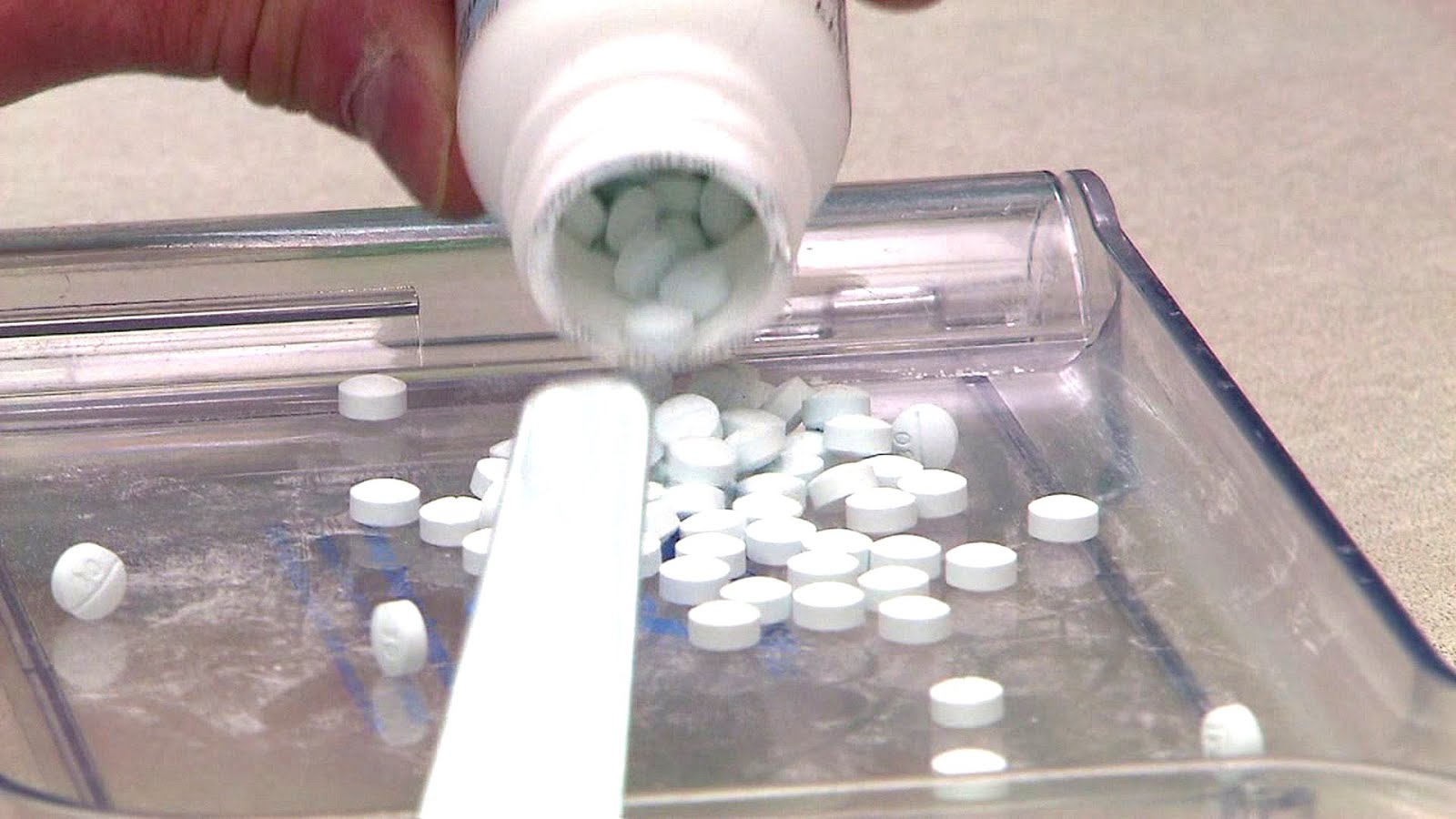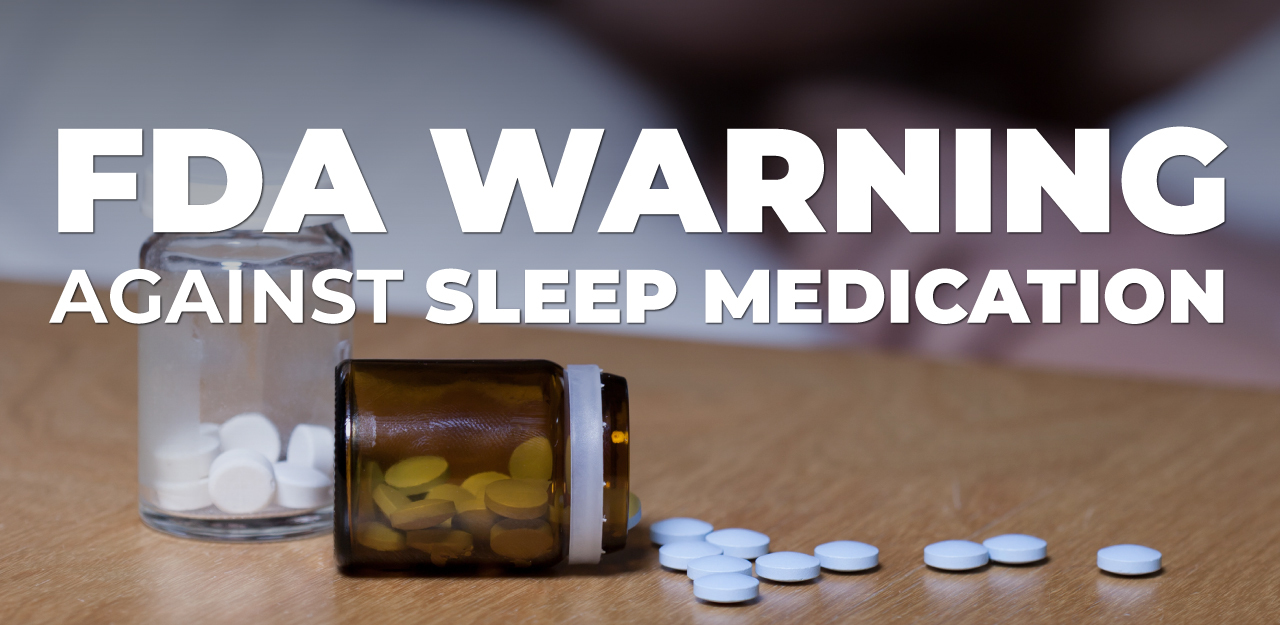
See Table 2 for the effects of AEDs in sleep disorders and other conditions. Other conditions can sometimes contribute to sleep disruption in patients with epilepsy.In January 2022, the FDA approved a new insomnia medication called daridorexant (Quviviq). But many medications are better for helping you fall asleep than helping you stay asleep. And there are many different sleep aids available. Overall, patients with sleep problems may need to adjust their anticonvulsant dosing or, rarely, change to another drug (see Table 1). Medications are one way to treat insomnia.The effects of zonisamide, oxcarbazepine, and topiramate on sleep and sleep disorders are not known.Levetiracetam seems to have no detrimental effects on sleep.Furthermore, limited studies suggest that gabapentin may be useful in the treatment of one common sleep disorder, restless legs syndrome, although carbamazepine and lamotrigine have also been used. Gabapentin also increases sleep continuity and decreases awakenings. Gabapentin has no detrimental effects on sleep, and in fact seems to enhance slow wave sleep in patients with epilepsy and in normal volunteers. Treating insomnia typically involves sleep-inducing medication, cognitive behavioral therapy for insomnia (CBT-i), or a combination of both of these measures.1 Select agents that may contribute to or worsen insomnia are listed in Figure 1. 1 Medications to treat a chronic or acute illness can cause insomnia, or if discontinued abruptly, can contribute to insomnia. Prescription insomnia drugs, such as z-drugs (which include medications like Ambien, Sonata, and Lunesta) and benzodiazepines (Valium, Xanax, and Ativan). One study with lamotrigine showed decreases in slow wave sleep, but others have shown no change. Many common herbal supplements that may be associated with difficulty sleeping are ephedra, ginseng, and St.

Studies of newer AEDs suggest fewer detrimental effects on sleep.Findings for carbamazepine are more variable, but there also seems to be a reduction in sleep particularly with initial treatment. go to bed and wake up at the same time every day relax at least 1 hour before bed, for example, take a bath or read a book make sure your bedroom is dark and.Phenytoin may increase light sleep and decrease sleep efficiency, and studies show decreased REM sleep.Studies on the effects of other AEDs show somewhat variable results, but a few conclusions can be made.Therefore, sleep quality can be adversely affected.

They do decrease the time to fall asleep, but also decrease the amount of REM sleep and (in the case of benzodiazepines) slow wave sleep. Both of these classes of medications have been used as sleep promoting agents, although newer drugs have replaced these in recent years.


 0 kommentar(er)
0 kommentar(er)
